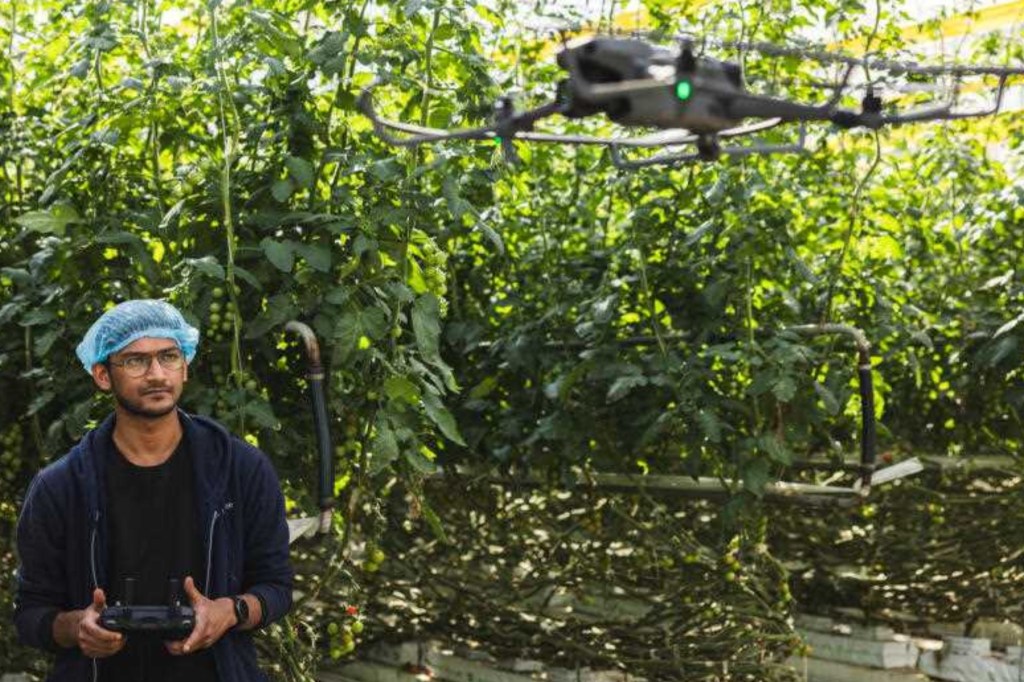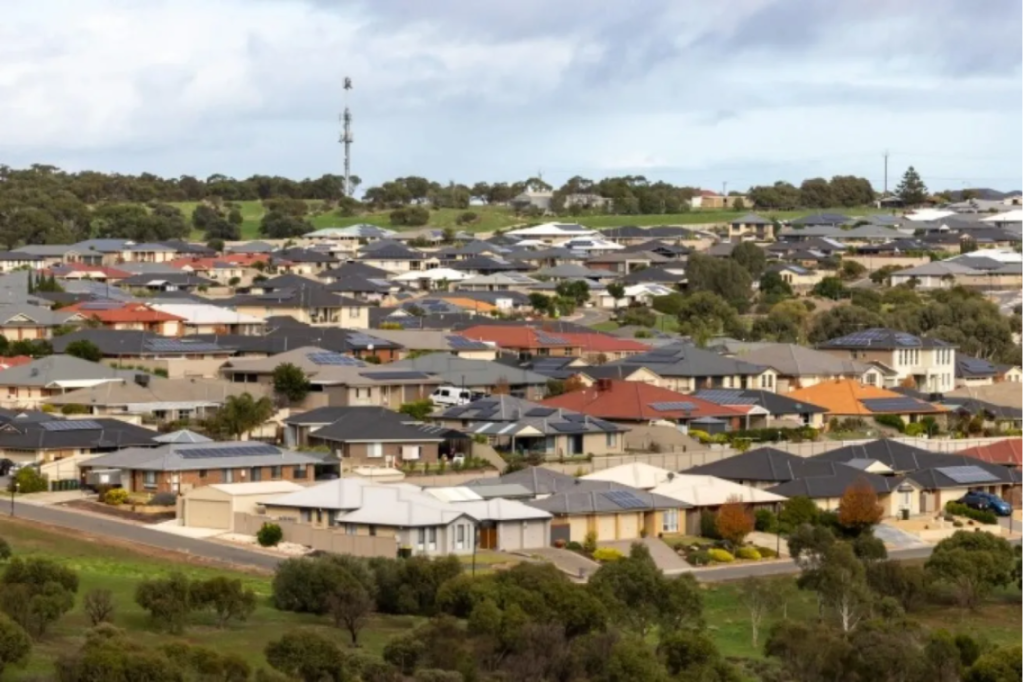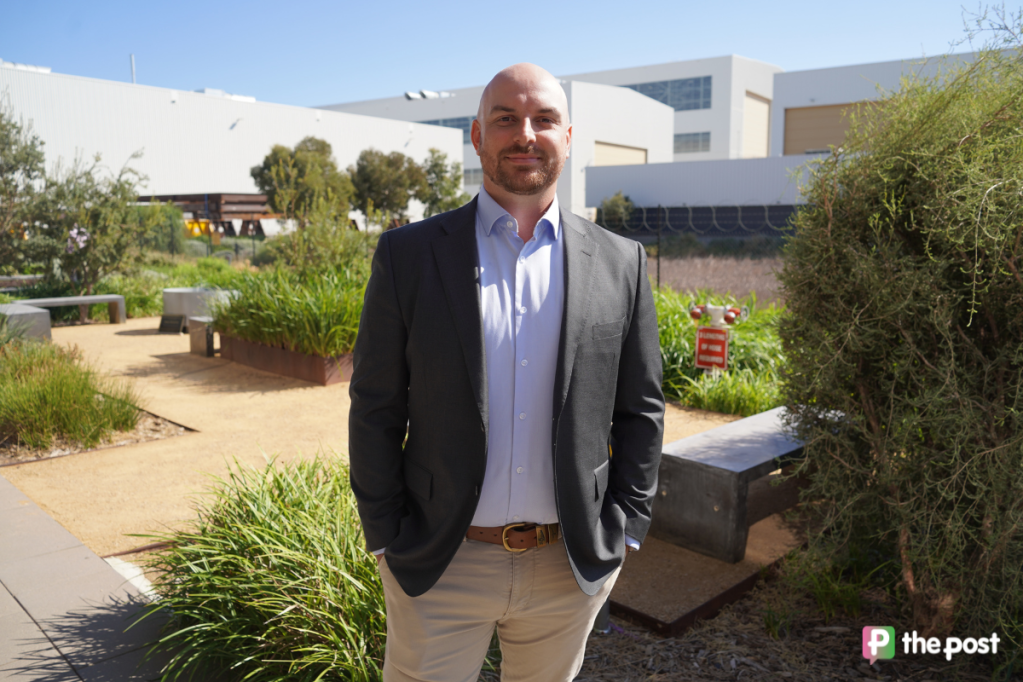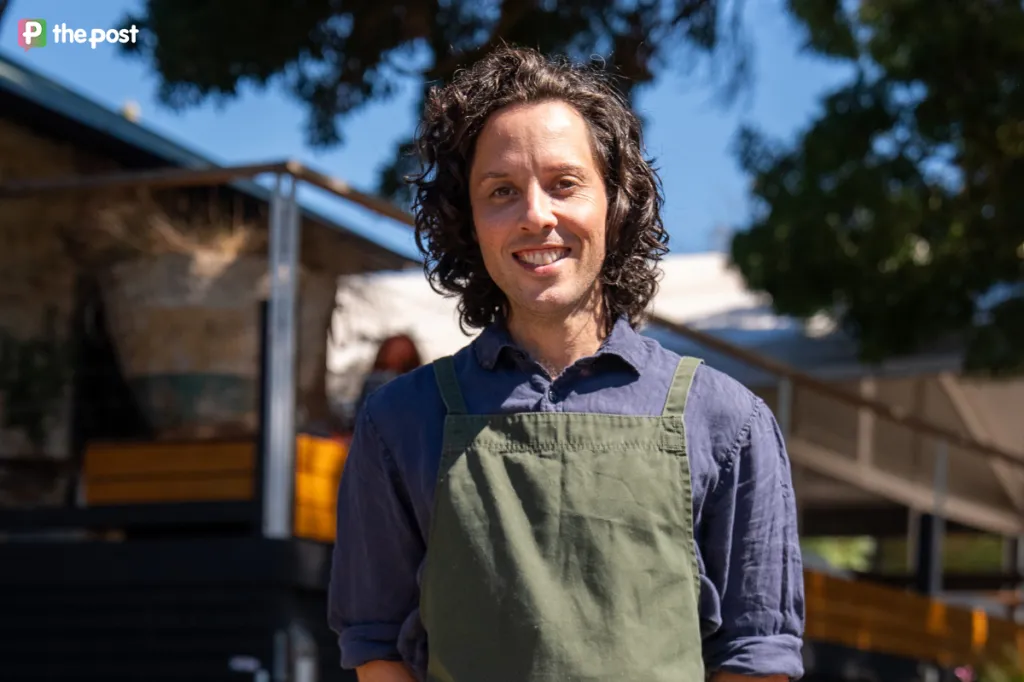These are the drones ag is looking for in venture fund
Drones that imitate bees are among the ag-tech advances a $60 million venture fund is hoping to back, as Australia’s fruit and vegetable prices hit a slump.

A drone buzzes around tomato plants and strawberry bushes in a humid greenhouse, its propellers gently shaking the flowers.
This is what automated pollination looks like, reducing mother nature’s uncertainty and chance.
Polybee, an ag-tech start-up, uses drones and artificial intelligence to help farmers grow plants in greenhouses, where there are no natural pollinators like bees.
It’s being trialled at the Perfection Fresh farm in Two Wells, with the buzz of the drones taking over the manual work of shaking pollen free from tomato plants growing a long lines in the towering greenhouses.
You might like
The technology also uses 3D imaging to give growers certainty about the size and weight of produce and their potential crop yields.
“Despite agriculture being one of the first inventions, it is still plagued by a lot of uncertainty in its operations,” chief executive Siddharth Jadhav said.
“That’s been our guiding light – how can we make our food supply more secure?”
Pollination is a major source of anxiety among growers, particularly as weather extremes push more crops indoors, Jadhav said.
Stay informed, daily
The Polybee technology uses drones’ airflow to create vibrations at a particular frequency so pollen can fall, allowing the plants to self-pollinate.
This is the kind of breakthrough Australian research and development body Hort Innovation wants to back in a new $60 million venture fund announced on Monday.
The fund, in partnership with Artesian investment firm, is on the lookout for early-stage start-ups that could promote positive change across the horticulture sector.
The new investment comes as domestic fruit, vegetable and nut prices decline in Australia, with supply outstripping demand, according to federal government figures.
However, export prices are expected to rise – especially in citrus, nuts and grapes – with the gross value of production expected to hit $17.8 billion by mid-2025.
Hort Innovation chief executive Brett Fifield said Australian produce, including nursery products and turf, needed a boost more than ever.
“The Australian horticulture industry is facing unprecedented challenges – high production costs, labour issues, extreme weather impacts to name a few,” Fifield said in a statement.
“By investing in startups, we are enabling fresh ideas, never-before-seen technologies, and new ways of thinking to make growing easier, more sustainable and cost-effective, and lift consumption.”
Polybee was backed by the organisation’s Frontiers program in 2022, which attracts private, commercial and government co-investment.
Jadhav said the support was critical for the Singapore-based company to reach growers, including Perfection Fresh in South Australia.
“What I’ve seen in Australia is absolutely remarkable in terms of the growers’ willingness to collaborate, their openness and how forward-looking they are about technology,” he said. “Had we not met those growers in the early days … it would have taken much longer for our technology to see the light of day.”








